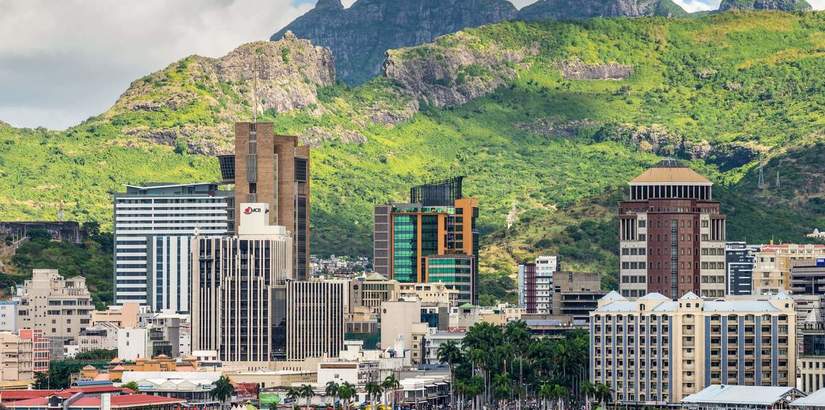Transport development in Africa: a ground of opportunities for top management positions
Posted at 20/02/2023

The African continent is expected to be home to 2.5 billion people by 2050, which will require significant efforts from African countries to ensure that their transportation systems are able to cope with this population growth. Improving the mobility of people and goods is even more necessary as the implementation of continental initiatives such as the AfCFTA (African Continental Free Trade Area), the liberalization of air transport or the creation of a single continental visa are among the prerequisites for the continent's economic development.
However, Africa, whose extreme vulnerability to the consequences of climate change is already clearly visible today, cannot afford to establish unsustainable transport systems. To meet this dual challenge, the development of "green" transport has become a priority for the African continent, supported by authorities at both continental and national levels. As a result, there is a strong demand for highly qualified profiles to drive this transition, with a multitude of jobs to be created in different sectors.
Green energy
Economic development in Africa means that greenhouse gas emissions from transport will increase rapidly. It is predicted that these could amount to more than one gigaton of CO2 by 2050, considering only the transport sector. Fortunately, the current low level of motorization and urbanization in Africa offers an opportunity to move in the right direction. The continent's vast renewable energy resources, coupled with a young and dynamic workforce, are some of its greatest assets for decarbonizing the transport sector and moving to sustainable alternatives.
Renewable energy will therefore offer interesting job opportunities in the years to come. Certain profiles, such as solar, thermal, or photovoltaic engineers, will become crucial. R&D engineers in the fields of biomass, wind, hydraulic, solar and geothermal energy, whose role is to improve existing techniques or to invent new ones, will play an important role in the optimal exploitation of the continent's resources.
Logistics
Thanks to the African Continental Free Trade Area (AfCFTA), the African continent is preparing to become the largest free trade area in the world. According to the World Bank, the single African market could increase African exports by up to 32% by 2035, with a 109% increase in intra-African exports, particularly in the manufactured goods sectors. But to unlock these potential trade, investment, and employment benefits, African countries must first reduce the high cost of transporting goods through supply chain development and boost the volumes of goods and services imported and exported by sea or air.
If you are passionate about logistics, Africa offers attractive opportunities in a variety of fields. From logistics engineers designing software that governs the entire supply chain in accordance with local standards, to supply chain managers and import-export managers, the sector recruits experts with a varied profile.
Urban transport infrastructure
Africa is expected to have the fastest urban growth rate in the world by 2050. By that time, African cities are expected to be home to an additional 950 million people. At the same time, in response to the climate emergency, several countries such as Egypt and Ethiopia have embarked on building smart cities, designed to be more environmentally sustainable. Others - including Kenya, Ghana and Nigeria - are promoting the development of public transport, including high-speed trains. Rwanda, meanwhile, has set a goal of converting 20 percent of its public transport to electric vehicles by 2030, while diversifying its urban transport offerings.
While architects and engineers (railway, urban transport electronics) will play a key role in the design of these cities of the future, other types of experts such as sustainable development officers (who support the implementation of projects to diversify mobility solutions) or railway draftsmen (who design plans for network infrastructure works) will also be in high demand.
The aviation industry
Finally, the movement of people is also booming in Africa. The commitment of most African countries to making travel to Africa easier and more affordable has indeed provided a significant boost to the tourism and aviation industries. Travel and tourism has remained one of the main growth drivers of the African economy, accounting for 8.5% of GDP in 2018. Cities such as Cape Town and Kigali are positioning themselves as conference centers, attracting professionals from around the world.
While the continent's airlines such as Angola Airlines, South African or Ethiopian Airlines continue to grow, the continent is hiring more airline pilots every year. Engineers are also in high demand, especially aeronautical engineers, and electronic engineers for aviation safety systems (IESSA) who install, monitor, and maintain aviation safety systems. But the sector is also in high demand for highly qualified profiles in the commercial field, as well as versatile managers capable of managing teams in this rapidly expanding field.



